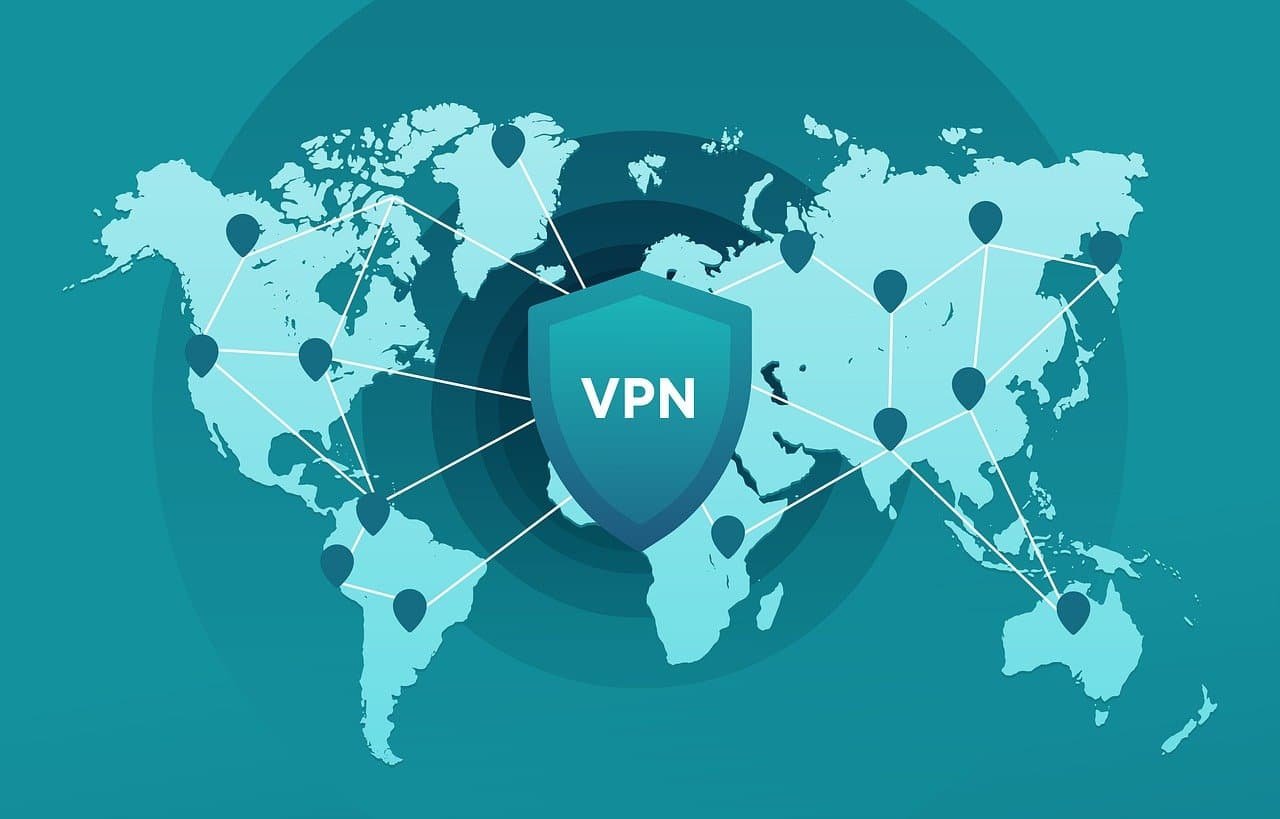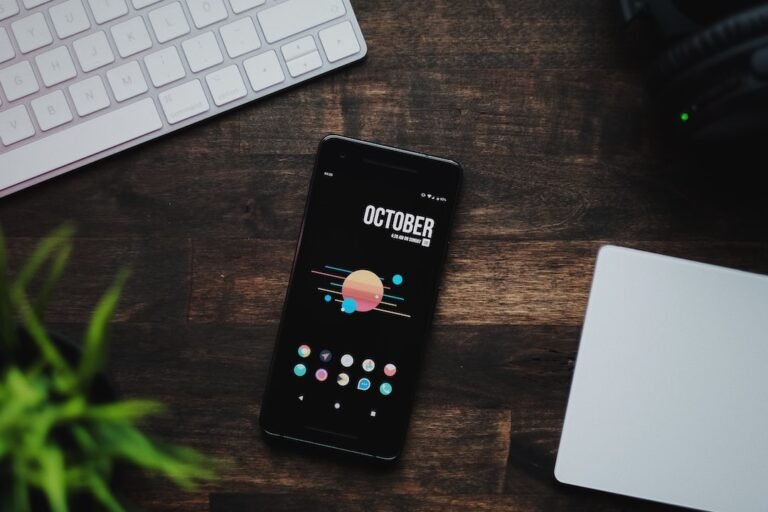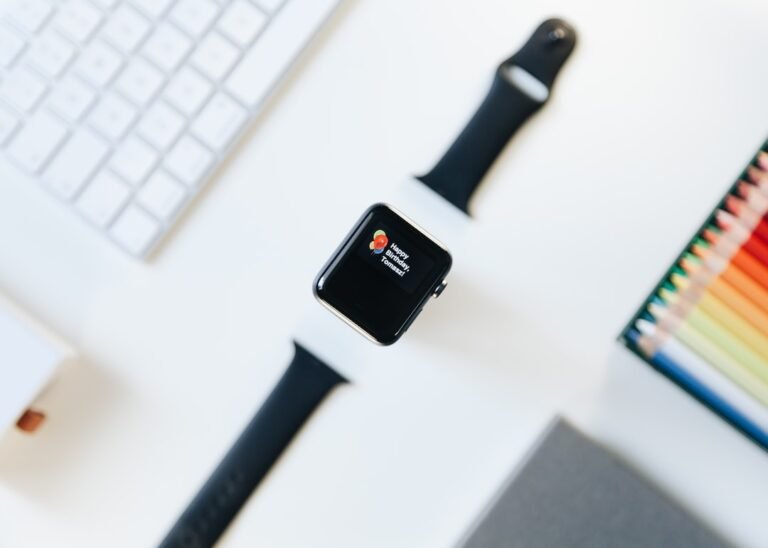Introduction
In an era where our lives are increasingly digital, the importance of internet security and privacy cannot be overstated. Whether it’s to protect your personal data from potential hackers, prevent your Internet Service Provider (ISP) from tracking your online activities, or access geo-restricted content, a Virtual Private Network (VPN) can be a powerful tool. But exactly what is a VPN and why do I need a VPN? This article aims to answer these questions and more, providing an in-depth look at VPNs and their various uses.
Takeaways
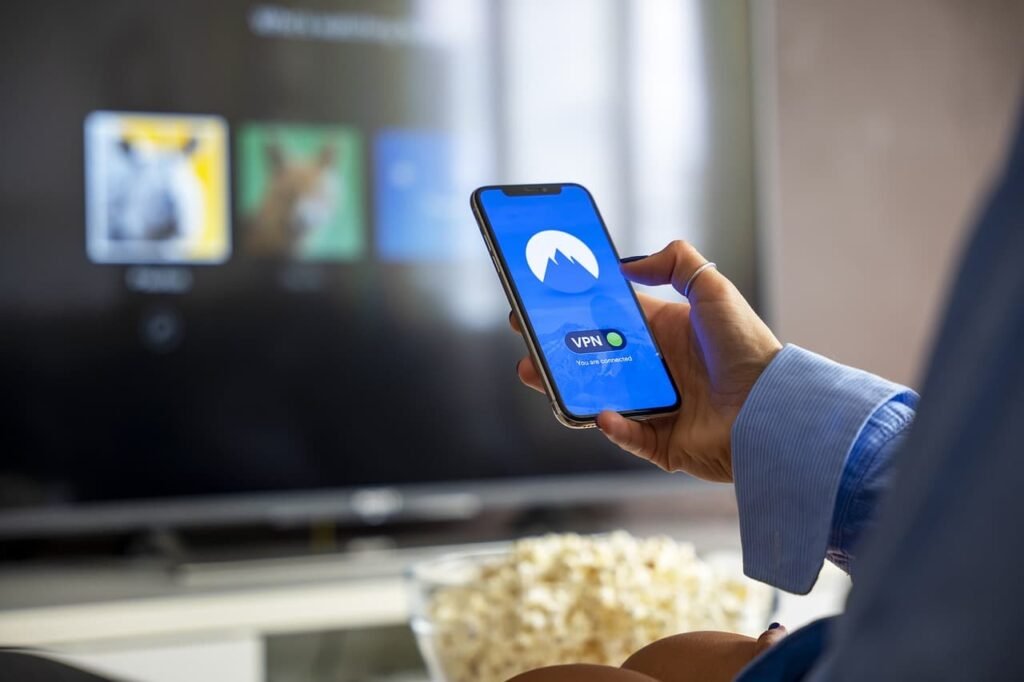
What is a VPN?
A VPN, or Virtual Private Network, is a service that protects your internet connection and privacy online. It creates a secure, encrypted “tunnel” between your device and a server in a location of your choosing. This process hides your real IP address, making it appear as though you’re browsing from the server’s location. As a result, your online activities become much harder to track, providing you with a level of anonymity on the internet.
Why Do You Need a VPN?
So, if you wonder What is a VPN and why do I need it. Well, there are several reasons why you might need a VPN:
Online Privacy
One of the main reasons people use VPNs is to protect their privacy online. When you use a VPN, your internet traffic is encrypted, making it unreadable to anyone who might be trying to view it. This includes your ISP, government agencies, and potential hackers.
Accessing Geo-Restricted Content
VPNs allow you to access content that may be restricted in your region. By connecting to a server in a different country, you can bypass these restrictions and access content as if you were in that country.
Secure Browsing on Public Wi-Fi
Public Wi-Fi networks can be a hotbed for hackers. Using a VPN encrypts your internet traffic, making it much harder for hackers to access your personal information.
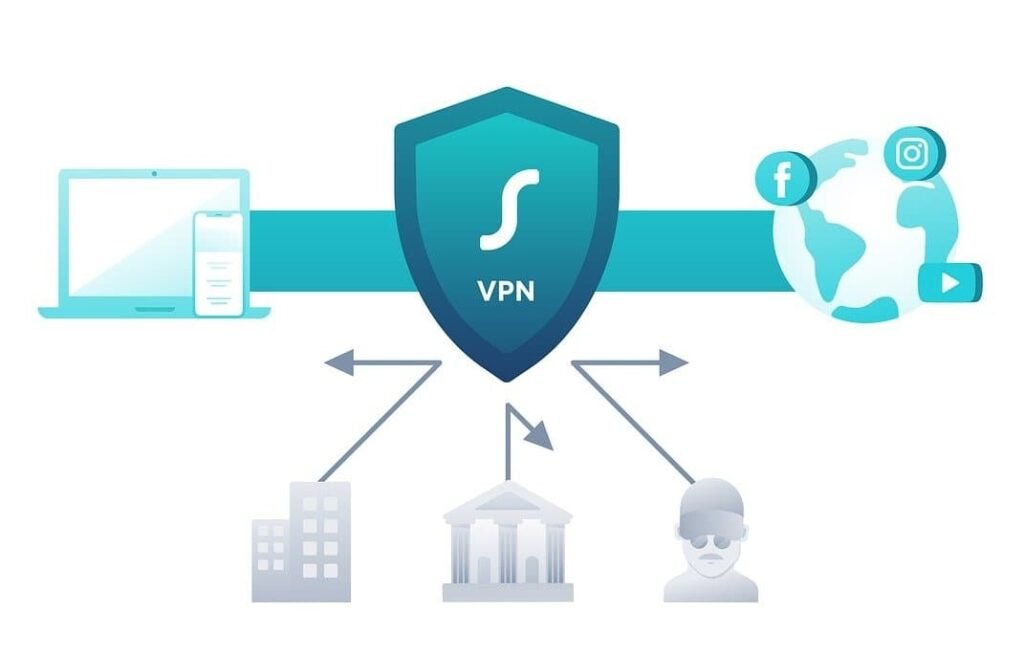
Key Features of VPNs
While the specific features can vary between providers, most VPNs offer the following:
Server Locations
Most VPN providers have servers in multiple countries around the world. This allows you to choose the location you want to appear to be browsing from.
IP Address Masking
VPNs hide your real IP address, replacing it with the IP address of the server you’re connected to. This helps to protect your identity online.
Device Compatibility
Most VPN providers offer apps for a variety of devices, including computers, smartphones, and sometimes routers, smart TVs and streaming devices like FireStick or AppleTV.
Customer Support
While connecting can be pretty straightforward for beginners without too many customisations. If you get stuck, you still want good service to get you going again.
Look for VPN providers that offer customer support to help you with any issues you might encounter. This often goes through live chats, tickets or email support, sometimes by phone.
Advanced Features
Some VPNs offer advanced features like split tunnelling, which allows you to choose which apps or websites are routed through the VPN. Other features can include a kill switch, which disconnects you from the internet if the VPN connection drops.
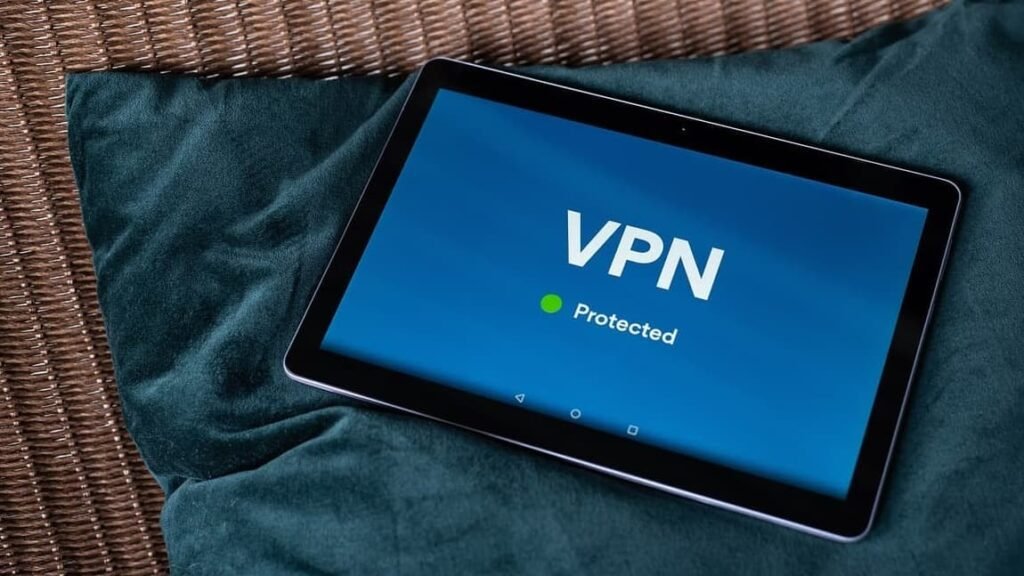
Choosing the Right VPN
Choosing the right VPN can be a challenge, given the wide range of options available. Here are some factors to consider:
Speed
The speed of your VPN connection can be affected by the physical distance between you and the VPN server. Generally, the closer the server is to your location, the faster your connection will be. This is because data has to travel a shorter distance. However, the quality of the internet infrastructure in the server’s location and the server load can also affect speed. So it’s important to choose a VPN that won’t slow down your internet too much.
Security
VPN security depends on the provider and encryption strength. Server location matters due to varying national data privacy laws. Fourteen modern, democratic countries however formed international alliances like the “Five Eyes”, “Nine Eyes”, and “Fourteen Eyes” that could affect data privacy.
Privacy
VPNs still could access your data. Some VPNs may sell your data, so choose a trustworthy, transparent provider. Some VPNs keep logs of your online activities, while reputable others have a strict no-logs policy. If privacy is a concern for you, choose a VPN that doesn’t keep logs.
Price
While there are free VPNs available, they often come with limitations. Free VPNs can seriously slow your internet speeds because they reroute your traffic. Less obvious is that they might not be as secure as paid options. Paid VPNs tend to offer more robust features such as unlimited bandwidth, access to multiple servers, and advanced security protocols.
The cost of a VPN service can vary widely, but on average, a high-quality VPN will cost between $8 to $10 per month (2023-2024). However, prices often drop significantly if you sign up for a longer-term plan. Costs are also influenced by factors, such as features and functionalities and the policies of a VPN provider.
Consider your budget and the value you’re getting for the price.
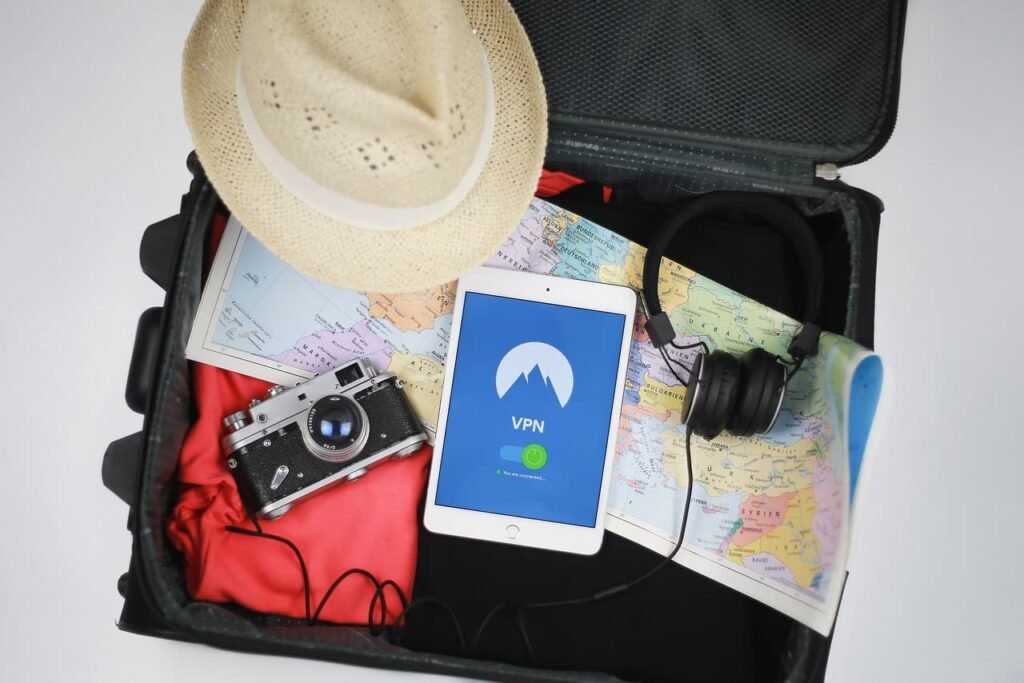
In Short: What Is A VPN And Why Do I Need A VPN
In conclusion, to the question of what is a VPN and why do I need it: a VPN is a powerful tool that can enhance your online privacy and security, among other benefits. While it can seem complex at first, using a VPN is actually quite straightforward. The key is to choose a reputable provider that meets your specific needs and to always use your VPN responsibly. Remember, while a VPN can provide an additional layer of security, it’s not a complete solution and should be used in conjunction with other security measures. Stay safe online!
Further reading
Here are some online resources that provide further reading on VPNs:
Virtual Private Networks for Beginners – VPN, Cisco training: This course on Udemy provides a comprehensive overview of VPNs, including how they work and why you should use one. It’s suitable for beginners and advanced users alike.
What is a VPN? Why Should I Use a VPN?: This article from Microsoft Azure explains what a VPN is, how it works, and why you might need one. It also discusses the benefits of using a VPN service.
Best VPNs for School and College Students in 2024: This article discusses the best VPNs for students, providing a useful perspective on the specific needs of this demographic.

